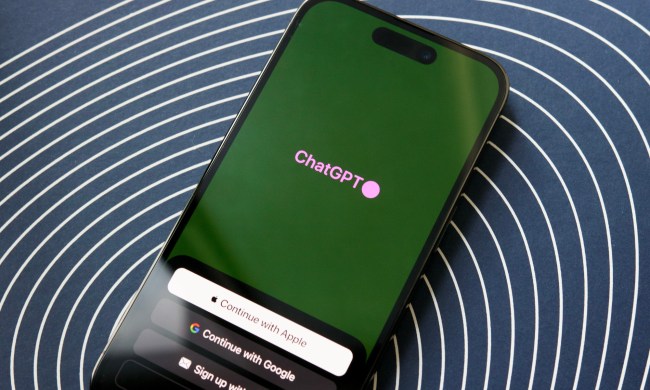
OpenAI debuted a new way to more efficiently manage your growing ChatGPT chat history on Tuesday: a search function for the web app. With it, you’ll be able to quickly surface previous references and chats to cite within your current ChatGPT conversation.
“We’re starting to roll out the ability to search through your chat history on ChatGPT web,” the company announced via a post on X (formerly Twitter). “Now you can quickly & easily bring up a chat to reference, or pick up a chat where you left off.”
The new feature is currently rolling out to all users, albeit in phases. ChatGPT Plus and Teams subscribers should all have access by the end of Tuesday, with Enterprise and Edu subscribers receiving it by next Tuesday. Free-tier users will have to wait a bit to try it for themselves, however. History search will arrive throughout the next month for non-paying users.
History search is a distinct feature from the SearchGPT prototype that was released in July. SearchGPT is designed to “combine the strength of our AI models with information from the web to give you fast and timely answers with clear and relevant sources,” according to its product page — essentially mimicking Perplexity’s “AI as a click-saving answer machine” template.
Rather than using AI to summarize search results, as Google’s AI Overview does, SearchGPT would “quickly and directly respond to your questions with up-to-date information from the web while giving you clear links to relevant sources.”
Tuesday’s in-chat search feature was initially spotted by developers in late August, code-named “Fanny Pack Chat Sidebar.” Tibor Blaho, engineering lead at AIPRM, confirmed the feature’s existence earlier this week while also noting that “SearchGPT integration into ChatGPT now has a separate new feature flag ‘search tool’ (including custom GPTs, where it is replacing ‘Web Browsing’ with ‘Web Search’).”
Given the number of times that Perplexity has been accused of outright plagiarism in 2024 alone (the startup is currently being sued by News Corp over accusations of copyright infringement on a “massive scale”), OpenAI’s decision to follow suit seems a bit hypocritical — especially so after its argument against paying for copyrighted content earlier this year.


